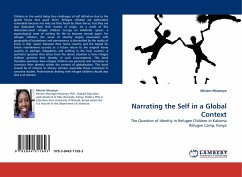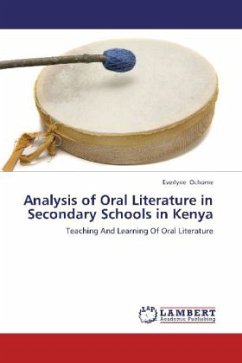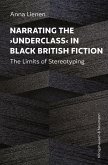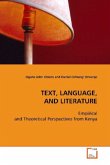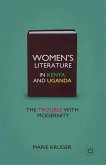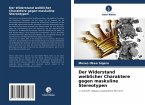Children in the world today face challenges of self definition due to the global forces that assail them. Refugee children are particularly vulnerable because not only are they faced by these forces, but they are also dislocated from their homes of origin. As a result of this dislocation,most refugee children occupy an indefinite space'- a psychological state of waiting for life to become normal again. For refugee children, the sense of identity largely associated with geographical locatedness and permanence is dismantled by the reality of living in that space' between their home country and the hoped for future resettlement country or a future return to the original home country or perhaps integration and settling in the host country. A pertinent question that arises from the above situation is how refugee children perceive their identity in such circumstances. This book therefore examines how refugee children use personal oral narratives to construct their identity within the context of globalization. This book should be of interest to literary scholars especially those interested in narrative studies. Professionals dealing with refugee children should also find it of interest.
Bitte wählen Sie Ihr Anliegen aus.
Rechnungen
Retourenschein anfordern
Bestellstatus
Storno

